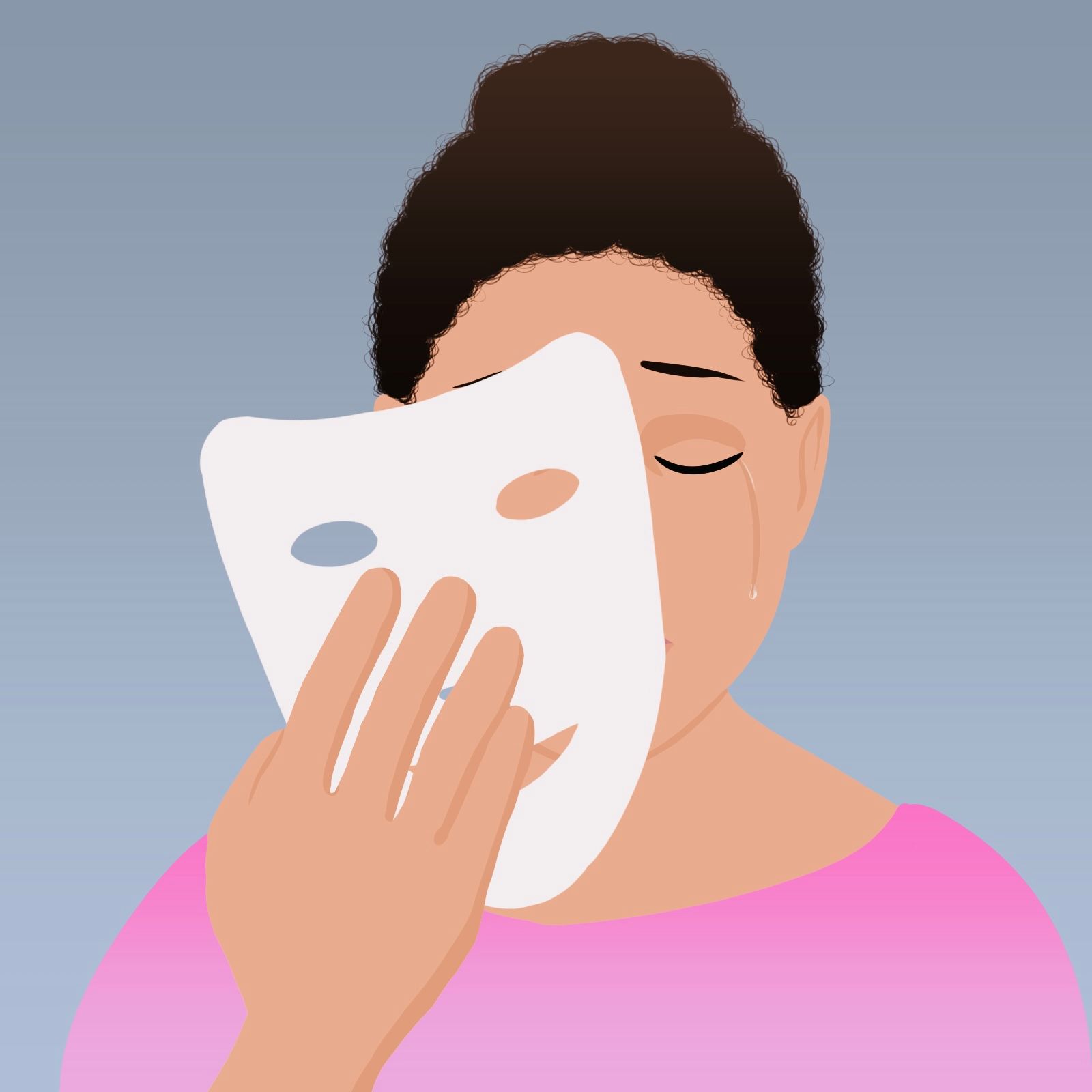Improving Communication With 3 Easy Tips
Having complex verbal communication is what separates us from other mammals. We pride ourselves in being so clever. But really, are we actually good at communication? The amount of confusion in communication in relationships would indicate that we are not!

When we think about communication in relationships we think about using words to express ourselves.
Apparently only 7% of communication is verbal. The rest is non-verbal: body language, tone, eye contact etc. I have no idea where this number came from, but I don’t buy it.
As humans we latch on to words. We assign meanings to specific words in order to have a shared understanding.
With technology, text communication has become the dominant way to communicate. We use text, email, and messaging apps to communicate everything from letting someone know we will be late for dinner, to developing business agreements all the way to expressing deep love, or breaking up a relationship. We have all felt the exasperation of someone misunderstanding a text and we proclaim, “OMG there’s no tone in a text!” Yet, we continue to use text as our go-to way to connect.
A classic Australian example of this is to be asked to “bring a plate”. The literal interpretation of bringing an empty plate is vastly different to the social interpretation of bring some food to contribute to a shared food offering.
When I say “I like you” it could mean many different things such as ‘I enjoy your personality’, ‘you are what I look for in a friend’, ‘I”d like to date you’, ‘ I’d like to have sex with you’, ‘You are interesting’, ‘You match my energy’, ‘I feel safe with you’, ‘You meet my needs’, ‘Your values match mine’ and more possibilities. How on earth does a person know what the meaning is? And how often do use curiosity and asking a question or two to understand? Not often. What we usually do is layer that statement with our own meaning, assume we know what the person meant, and have a misunderstanding.
Here's 3 simple ideas to create massive positive changes:
Give Context!
A large amount of our communication is what’s not said. And this is where CONTEXT comes in. Context is the background information that gives relevance to our words. Context makes meaning clearer. Context stops us from needing to guess what was meant. Context makes it easier to ask questions to gain more information and go deeper.
Instead of saying “I like you” to express safety I might say “when I’m with you I feel calmer, I like you”; to express romance “I’m enjoying getting to know you, I like you and Id like to be closer”; to express attraction “I’m physically drawn to you”; to express shared values “We seem to have many similarities, I like you”; to express matching energy “hey I feel great and bouncy when I'm with you, I like you.”
Ask Questions!
Be curious. Delve deeper into what people mean. Ask things like “Can you say more about that?”, “what do you meant when you say that?” People appreciate curiosity. It shows you are interested. It makes most people feel valued. When we first meet another person most of us ask lots of questions to get to know them. Keep the interest alive. It will reduce misunderstandings.
Be Brave!
We have all and that moment in conversation where we sensed that the other person didn’t fully understand us but correcting their understanding is scary, so we let the moment slide, we leave them in the dark… You need to learn to speak up. I know it’s scary. It might be clumsy until you get use to it but speaking up in that moment shows respect to yourself and the other person. Not speaking up creates a situation where the other person will eventually need to ask you “what’s going on here?” This makes the other person responsible for your communication and can create resentment in the relationship. Speak up, be brave.
These three simple steps have transformed my communication when dating, in established intimate relationships, with my children and with friends. I know if you practice them, they will for you too.
*Disclaimer – these strategies are designed for relationships that are not abusive or highly toxic. If you are in a toxic or abusive relationships, please seek professional guidance with communication and safety.


